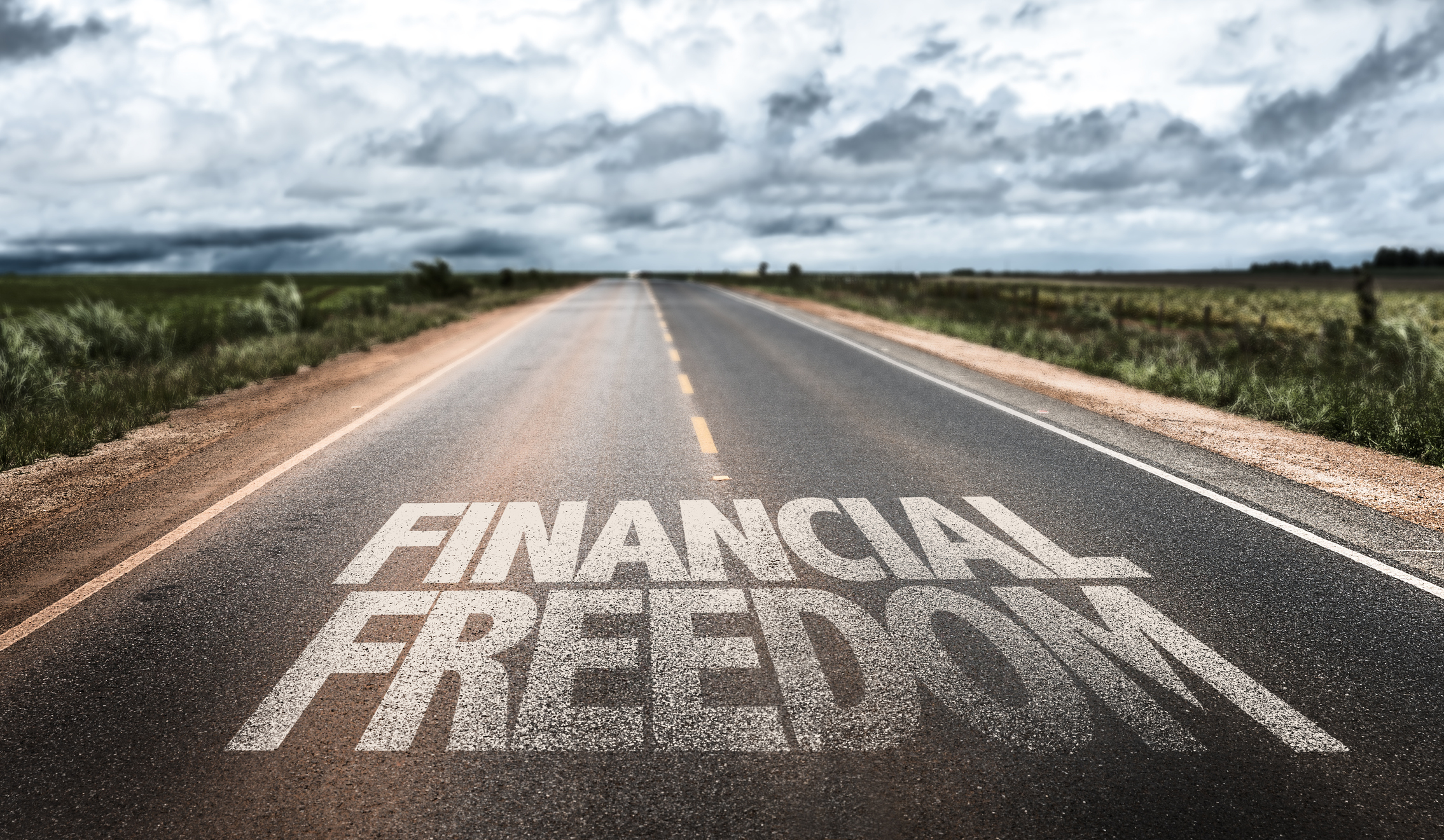The phrases financial freedom and financial independence get thrown around a lot, yet nobody really quantifies what that actually means. What I hope to impart to you is an understanding of what financial freedom is and how you can begin taking the necessary actions to help you pursue it.
Sufficiency as Freedom
Financial freedom is the state of having enough money to cover all your expenses and allow you to live the life you want without the fear of running out of funds. This means you have enough money regardless of what curveballs life throws at you (e.g., health issues, longevity, taxes, divorce etc.). Achieving financial freedom requires careful planning, discipline and a commitment to your long-term goals.
The first step to achieving financial freedom is to set a goal. Having a stated goal is paramount to your success. Every time a plane takes off, there is a destination goal, such as leaving JFK in NYC to land at LAX in California. The captain and crew have a clearly defined flight plan and planned out alternate routes in case things don’t go according to plan. Additionally, air traffic control advises them along the way, ensuring they reach their goal destination safely.
In contrast, if a plane just took off from JFK and flew around for five hours, who knows where it would land? To achieve financial freedom, you need to have a clear idea of what it means to you and what you’re willing to do to achieve it. This may involve creating a budget, reducing expenses, increasing your income, or investing in assets that generate passive income and collaborating with a team of professional advisors (air traffic control) to help guide you along your journey.
A Budget Is Crucial for Financial Freedom
A budget involves tracking your expenses and income to determine your spending habits and identify areas where you can cut back. A budgeting app or software can help you track your finances and stay on track. Most people have a loose understanding of what they spend but after we have them use our cash-flow worksheets, many time people are shocked at how much more they spend than their original assumption. Your spending habits are important because they determine exactly how much wealth you need to generate that level of distribution over extended periods of time, factoring in inflation, taxes, costs, longevity and much more.
Expense Reduction
Reducing expenses is another crucial step to achieving financial freedom. A dollar saved is a dollar earned. Once you identify your spending habits, you can cut back on unnecessary expenses like eating out too much, buying expensive designer clothes or going on costly vacations. Instead, focus on saving money and investing in assets.
A good rule of thumb is to save and invest 30% of your net income. This may seem high and based on your current financial situation not a possibility. If that is the case, make the 30 percent a goal and work toward by reducing unnecessary expenses and position yourself to earn even more income which we will dive into next.
Increasing your income is also crucial to achieving financial freedom. You can do this by taking on a side hustle, taking courses, becoming more skilled at your current profession, starting a business, or investing in assets that generate passive income.
Investing in assets that generate passive income is the key to achieving long-term financial freedom. This includes assets like stocks, bonds, mutual funds, real estate, and rental properties. By investing in these assets, you can generate passive income that can continue to grow over time.
Patience Is a Virtue
Achieving financial freedom requires patience, discipline, and a long-term perspective. If your investments are not moving today, remember that Rome was not built in a day.
Warren Buffet said it best: “Someone is sitting in the shade today because someone planted a tree a long time ago.” Remember this when things seem stagnant, or bear markets happen.
An important part in achieving your financial freedom is setting realistic goals and sticking to them, even when the going gets tough. Remember that financial freedom is a journey, not a destination, and it requires ongoing effort and commitment.
Achieving financial freedom is a goal that is within reach for anyone who is willing to put in the effort. By creating a budget, reducing expenses, increasing your income, and investing in assets that generate passive income, you can pursue the financial freedom you desire. Remember, it’s a journey, not a destination, so stay committed and focused on your long-term goals.
Schedule a conversation to discuss your path to financial freedom.


